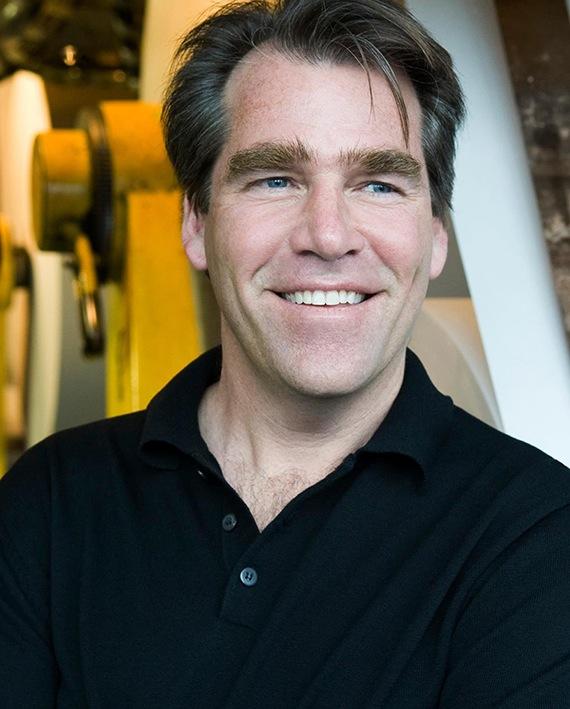
The politics surrounding the Arab Spring and the U.S. response were discussed at the Arthur L. Carter Journalism Institute on April 10.
The NYU Center for Dialogues and Foreign Policy Association co-sponsored “The Aftermath of the ‘Arab Spring’: An Update.” The event featured a talk by foreign affairs journalist Charles Sennott, a co-founder and editor-at-large of the Boston-based GlobalPost.
Sennott’s lecture honed in on the most recent effects of the Arab Spring movements and focused on how the factors of militarism, American foreign policy and religion intertwine in Egypt’s attempt at democracy.
To provide an update on the Arab Spring, the Center invited Sennott because of his 25 years of journalistic experience and his specialization in post-9/11 Middle Eastern cultures. He has covered the wars in Iraq and Afghanistan from the ground and most recently the Tahrir Square protests in Cairo last summer.
“It is very easy to feel cynical with what’s happening right now, particularly in Egypt,” Sennott said. “The thing that is hard to understand is where [the Egyptian developments] are going to go.”
The Center for Dialogues has hosted other events like this as part of its ongoing mission, which was established after 9/11, to facilitate discussions with the hope of easing the strained relationship between the United States and the Islamic world. Since 2010, the center’s programs have analyzed the Arab Spring revolutions. The center’s director, Mustapha Tlili, said discussing these revolutions is not easy because the issues of the Arab Spring are ongoing.
“We have been probing in various ways what shook the Arab world starting in Tunisia in 2010,” Tlili said. “It could take decades to disclose the hidden, full meaning to historians.”
Sennott said Egypt’s turmoil could be historically traced to the assassination of President Anwar Sadat in 1981, which brought Hosni Mubarak to power. Mubarak’s dictatorial regime lost popular support by 2011 and was overthrown in favor of a democratically elected ruler, the Islamic Brotherhood’s Mohamed Morsi.
Sennott predicted that Gen. Abdel Fattah el-Sisi would become Egypt’s next president, leaving the military in control just like during the Mubarak years. Sennott said his experience in Cairo’s streets suggests that the democratic fervor may not be squashed by the military.
“There’s an inevitable spirit now in the Middle East that is exciting but is really going to challenge American foreign policy,” Sennott said. “You have to watch what happens right now in Egypt.”
During the question-and-answer session, the audience asked Sennott several questions about how he feels the United States should support American democratic ideals in the Middle East, especially in light of sectarian violence.
“If we don’t begin to live up to [our ideals] and say we support democracy over stability, the call is not going to resonate,” Sennott said. “We’ve lost our moral authority there, and I think that hypocrisy — if I can call it that — is coming to the surface. It’s going to challenge our ideas of democracy.”
Andrew Spohn is a staff writer. Email him at [email protected].
*Correction: A previous version of this article misspelled Charles Sennott’s last name. Additionally, the NYU Center for Dialogues was misidentified as the NYU Center for Dialogue.
WSN regrets the errors.





















































































































































